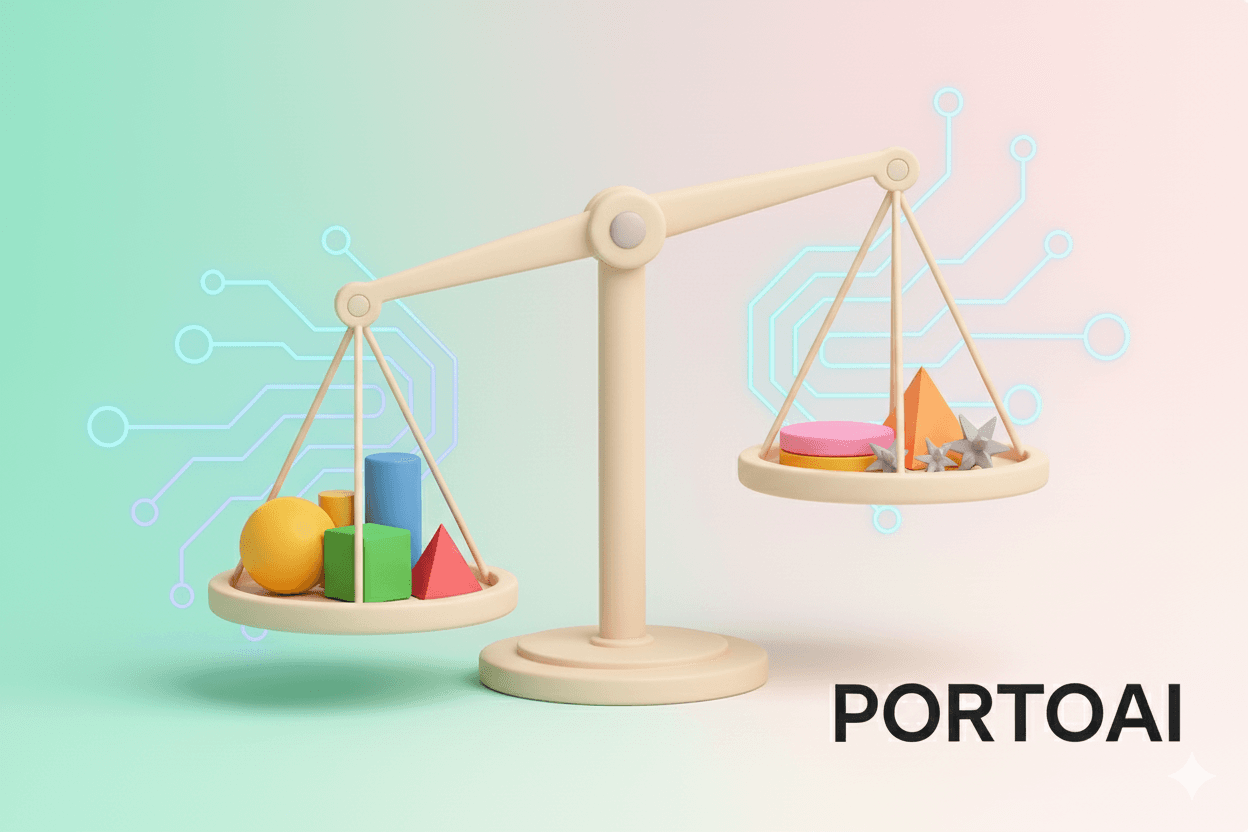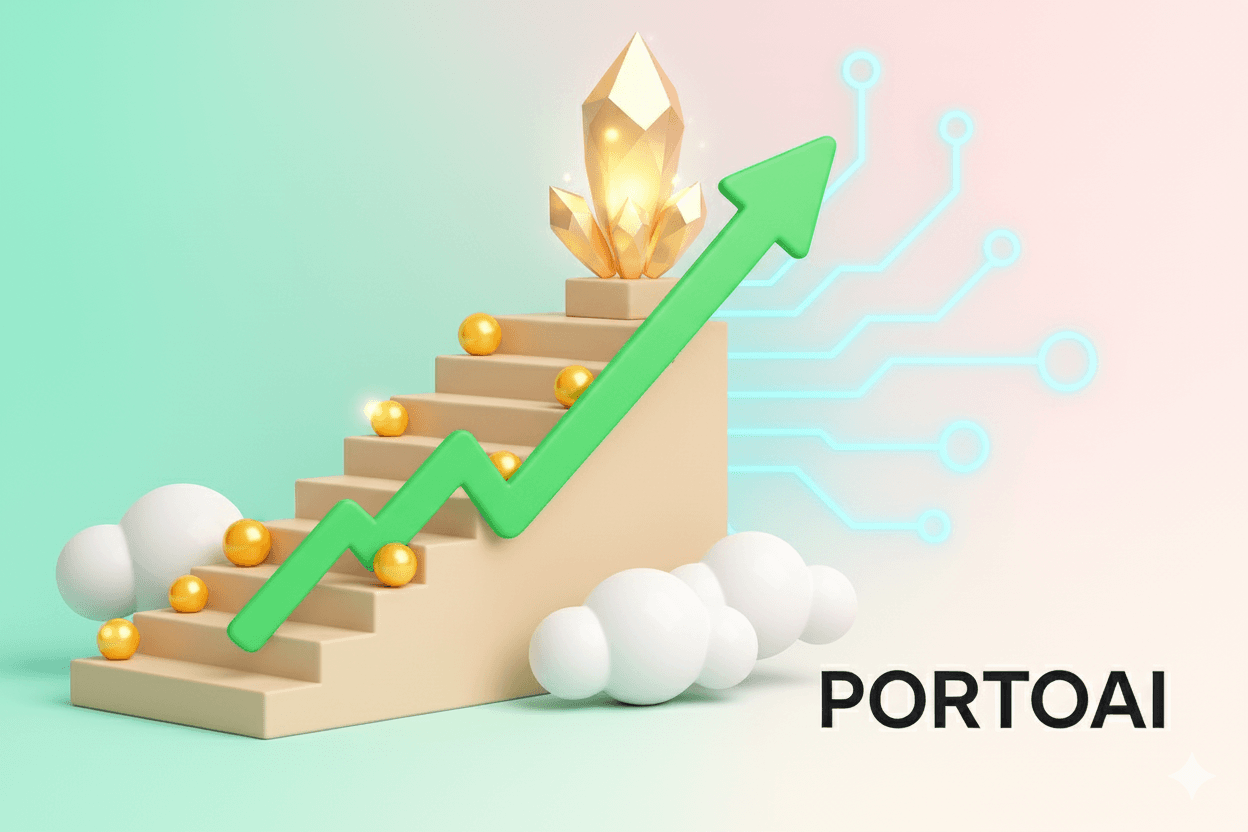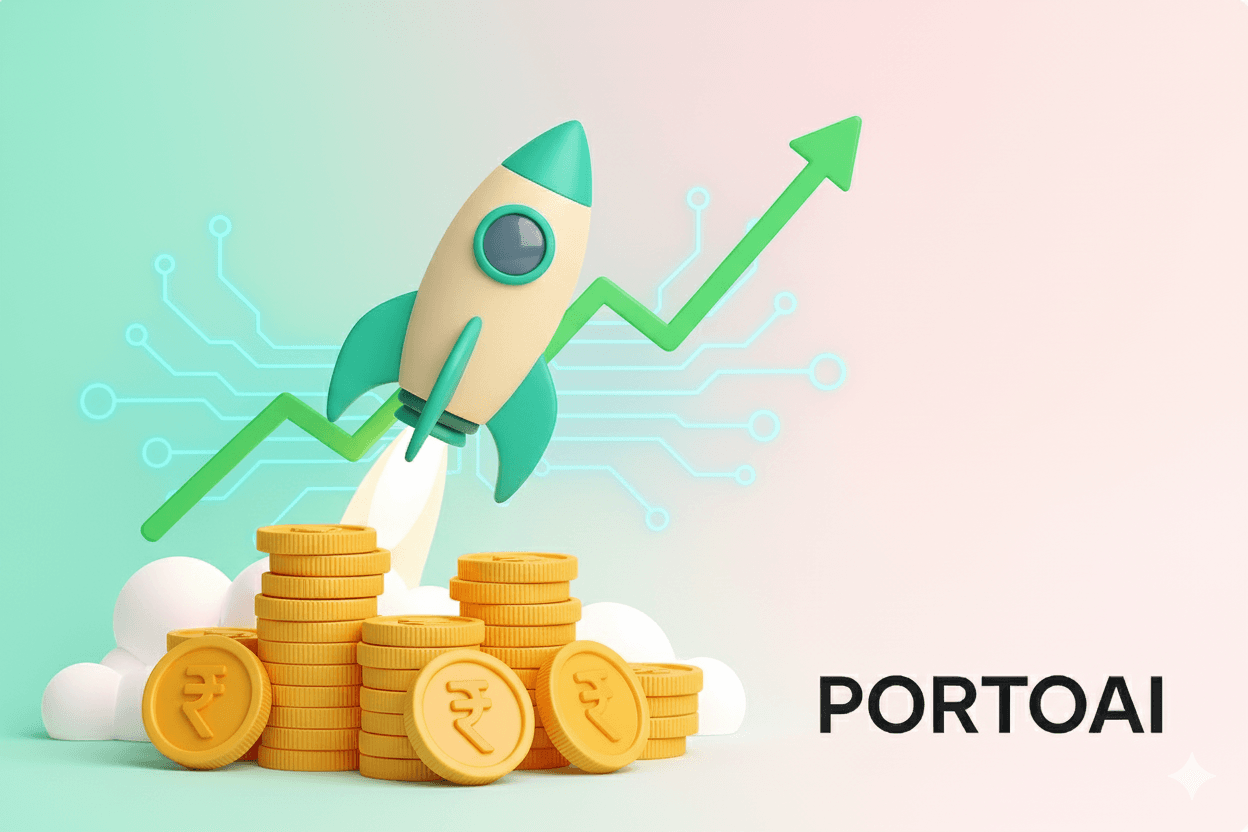ELSS vs. LTCG Tax: Should You Still Invest in 2024?

Venkateshwar Jambula
Lead Market Researcher
4 min read
•Published on September 16, 2024
•ELSS vs. LTCG Tax: Navigating the Landscape for Smarter Investment Decisions
In the dynamic world of financial planning, tax implications often steer investment choices. The reintroduction of the Long-Term Capital Gains (LTCG) tax on equity-oriented mutual funds, including Equity Linked Saving Schemes (ELSS), has understandably raised questions among investors. However, a closer, data-driven analysis reveals that ELSS funds continue to offer a compelling value proposition, especially when viewed through the lens of disciplined, long-term wealth creation. At PortoAI, we empower you to cut through the noise and make informed decisions.
Understanding the LTCG Tax on Equity Investments
Long-Term Capital Gains (LTCG) tax is levied on profits realized from selling assets held for a specified period. For equity and equity-oriented mutual funds, this period defines long-term holding. The Union Budget 2018 reintroduced LTCG tax, stipulating a 10% tax rate on gains exceeding ₹1 lakh in a financial year for assets held for over 12 months. Crucially, this tax is distinct from your income tax slab rate.
The Enduring Advantages of ELSS
Equity Linked Saving Schemes (ELSS) remain a cornerstone for tax-efficient investing under Section 80C of the Income Tax Act, offering a deduction of up to ₹1.5 lakh annually. Their key advantages include:
- Lowest Lock-in Period: ELSS funds boast the shortest lock-in period among all Section 80C instruments, typically three years. This offers greater liquidity compared to other tax-saving options.
- Potential for Higher Returns: As equity-dominated funds, ELSS aims to generate wealth by investing in a diversified portfolio of stocks. Historically, equities have outperformed inflation and other asset classes over the long term.
- Tax-Benefit Synergy: The upfront tax deduction under Section 80C can significantly reduce your taxable income, while the potential for capital appreciation offers long-term growth.
Evaluating ELSS Post-LTCG Tax Implementation
The introduction of LTCG tax has led some investors to question the attractiveness of ELSS. However, it's essential to compare the effective tax rate with the potential pre-tax returns and the upfront tax savings.
Consider an investor in the 30% income tax bracket who invests ₹1.5 lakh in an ELSS. They immediately save ₹45,000 (30% of ₹1.5 lakh) in taxes. If, after the lock-in period, they realize a LTCG of ₹1.2 lakh, the tax payable is 10% on ₹20,000 (i.e., ₹2,000), as the first ₹1 lakh is exempt. This results in a significantly lower effective tax rate on the gains compared to the investor's income tax slab.
Key Takeaway: The 10% LTCG rate on gains above ₹1 lakh is substantially lower than most income tax slab rates. This means that even with the LTCG tax, the net returns from ELSS can still be highly competitive, particularly when factoring in the initial tax deduction.
Leveraging PortoAI for Informed ELSS Decisions
Navigating tax implications and investment performance requires robust data analysis. PortoAI's platform provides the tools to make such decisions with confidence:
- Performance Analytics: Utilize PortoAI's Market Lens to analyze the historical performance and risk metrics of various ELSS funds, enabling you to select schemes aligned with your risk tolerance and return objectives.
- Tax Planning Tools: Integrate your investment plans into PortoAI's goal planner to visualize the impact of taxes and optimize your strategy for maximum post-tax returns.
- Risk Management: Our advanced risk console helps you understand the potential downside of equity investments, ensuring your ELSS allocation fits within your overall portfolio diversification strategy.
Conclusion: ELSS Remains a Strategic Choice
While the LTCG tax has altered the post-tax return landscape for equity investments, it has not negated the fundamental benefits of ELSS. The combination of upfront tax deductions, a competitive LTCG rate, and the potential for long-term wealth creation through equity exposure ensures that ELSS remains a potent tool in a diversified investment portfolio. By employing sophisticated analytical tools like those offered by PortoAI, investors can confidently integrate ELSS into their financial plans, maximizing tax efficiency and pursuing their long-term financial goals.
Don't let tax changes dictate your investment strategy without a thorough analysis. Empower your decisions with data. Explore how PortoAI can refine your investment research today.
Blog
Investment Insights and Tips
Explore our latest investment strategies and insights.

Stocks
Master Investment Psychology: Control Emotions for Smarter Stock Decisions
The Psychology of Stock Investment: Understanding Emotions That Affect Investment Decisions A stock market is a funny place – both the seller and buye...
Venkateshwar Jambula
November 7, 2024
•4 min read

Stocks
Power Grid India Stock: Analyzing PGCIL's Price Movements & Future
The Rise and Fall: Unraveling the Power Grid Corporation of India Stock Price The Power Grid Corporation of India Stock Price (PGCIL) has experienced ...
Venkateshwar Jambula
November 6, 2024
•10 min read

Stocks
Are Multibagger Stocks Still Possible in 2025? Your AI Guide
These 6 Multibagger Stocks Exploded in 2025 — Is Your Portfolio Still in 2022? Till June 2025, the benchmark Sensex has risen by around 4%, reflecting...
Venkateshwar Jambula
November 5, 2024
•11 min read

Stocks
Top 5 Indian Growth Stocks & Sectors for 2025: AI-Driven Insights
Top 5 Best Growth Stocks in India & Sectors to Watch in 2025 You see the market correction in late 2024 and early 2025 was driven by weak economic...
Venkateshwar Jambula
November 4, 2024
•9 min read